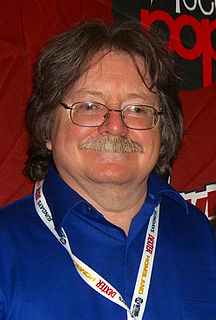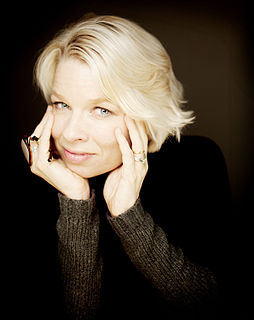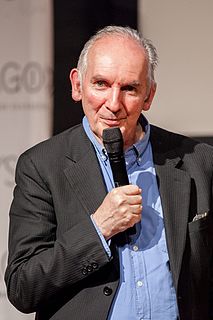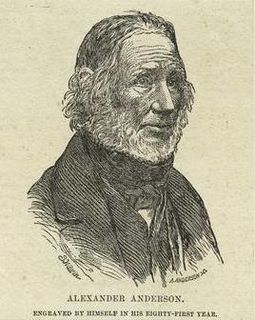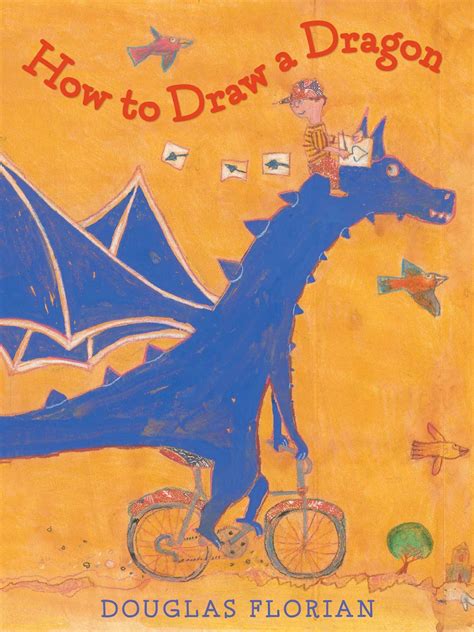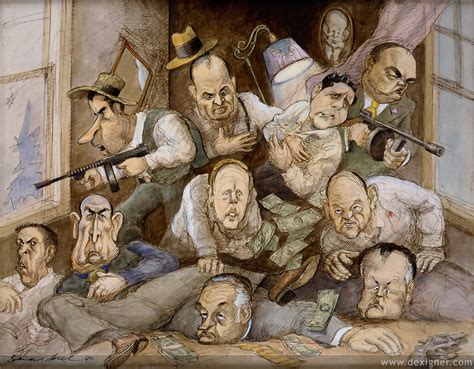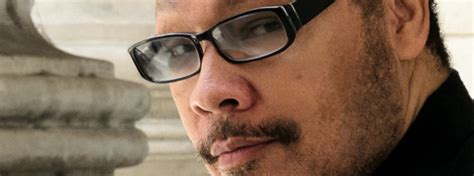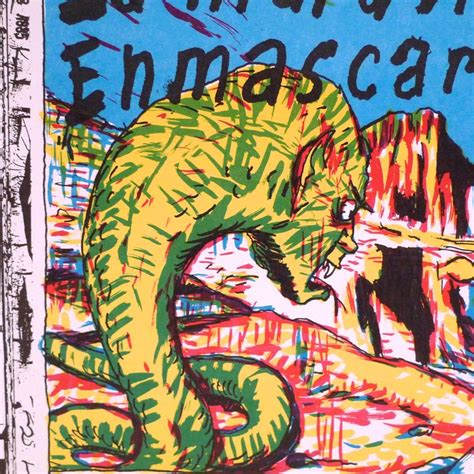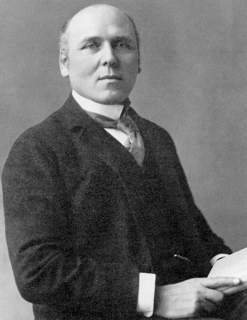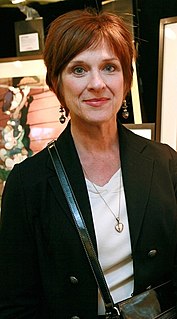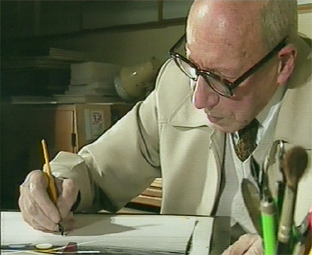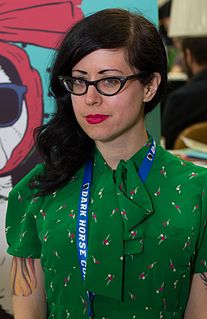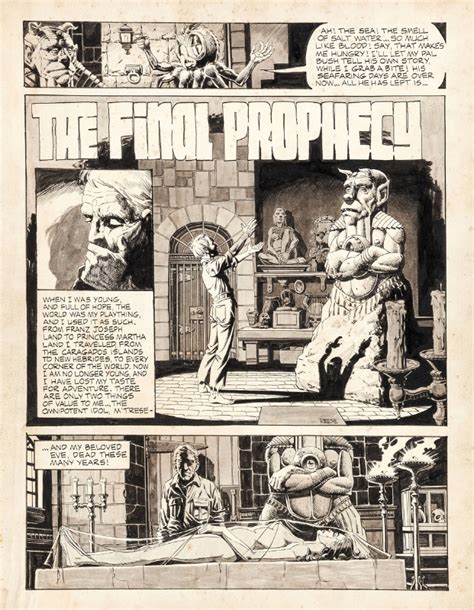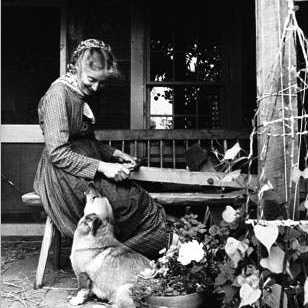A Quote by Brian Froud
In college, I became interested in folk tales and fairy tales. Gradually I became more and more interested in the underlying meaning of it all and the possibility of the reality of real fairies.
Related Quotes
People have always told tales. Long before humanity learned to write and gradually became literate, everybody told tales to everybody else and everybody listened to everybody else's tales. Before long it became clear that some of the still illiterate storytellers told more and better tales than others, that is, they could make more people believe their lies.
I did translations of Grimms' Fairy Tales and became very charmed about that way of looking at things. Fairy tales tell a lot of truths. Just as a side point, for instance, we always think the bad guys in fairy tales are the stepmothers, who are witches. But where are the fathers when the witches are killing and mishandling their children? Away. They are on a business trip. They are hunting, they are away. Wow, you know! No one says the fathers are the bad guys! It's one of the things you don't say. But my goodness, where are they?
I love monsters, I love creatures, I love beings, I love aliens. That's more supernatural and more the stuff of fairy tales. Fairy tales are as ancient as we are. I love those stories. I think they're really interesting because they always have more than simply the fright aspect. There's something deeply psychological.
Disney is a huge presence when it comes to fairy tales because he’s made of them such brilliant artifacts in terms of movie-making. But it’s very hard to ignore what he’s done to them. I'm not interested in denigrating Disney or even commenting on him very much. I'm more interested in seeing what I can do with the stories myself.
